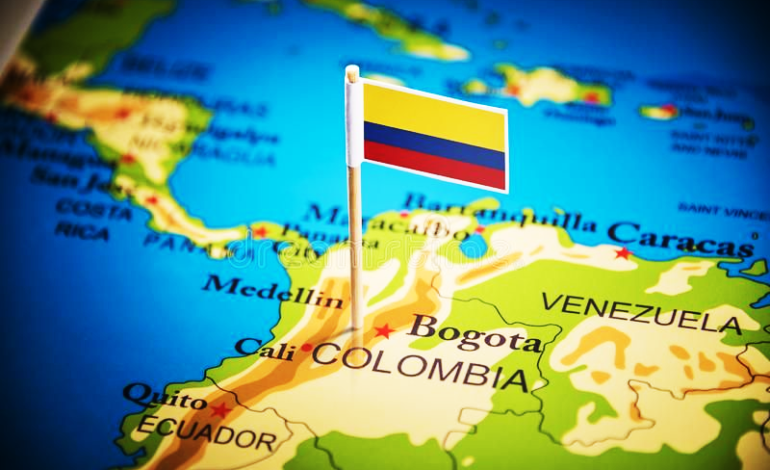
Avellon Williams
BOGOTA, COLOMBIA- An estimate by a United Nations agency shows at least 73,974 people were forcibly displaced from their homes in Colombia in 2021, more than double the number last year, amid increases in violence and attacks on civilians by armed groups.
According to the UN Office for Coordination of Humanitarian Affairs (OCHA) report published on Wednesday, the number of direct attacks against civilians increased 37 percent in 2021 to more than 2,400.
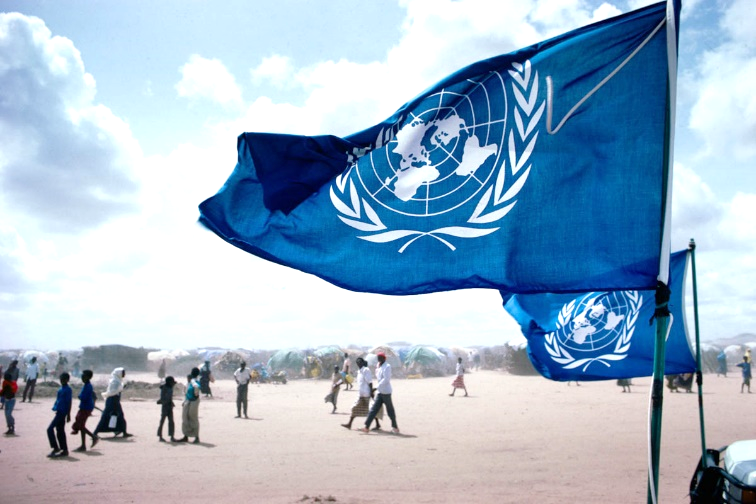
“It should be noted that actions by non-state armed groups against the civilian population are the main causes of forced displacement in Colombia,” the report said.
The main needs of the displaced population are based on lack of protection and access to temporary shelter, food, health services, education and access to safe water,” according to the report.
OCHA noted that clashes between rival armed groups were the second most important cause of displacement, along with phone calls, pamphlets, and other forms of threats.
As per the report, more than 53,000 people remain displaced, while more than 65,600 were compelled to remain indoors as a result of armed groups’ activities, while an additional 85,700 were affected by restrictions on movement.
The report came as Colombia continued to struggle with implementing the terms of a landmark 2016 peace agreement between the Colombian government and FARC fighters that saw the rebels lay down their arms after decades of bloodshed.
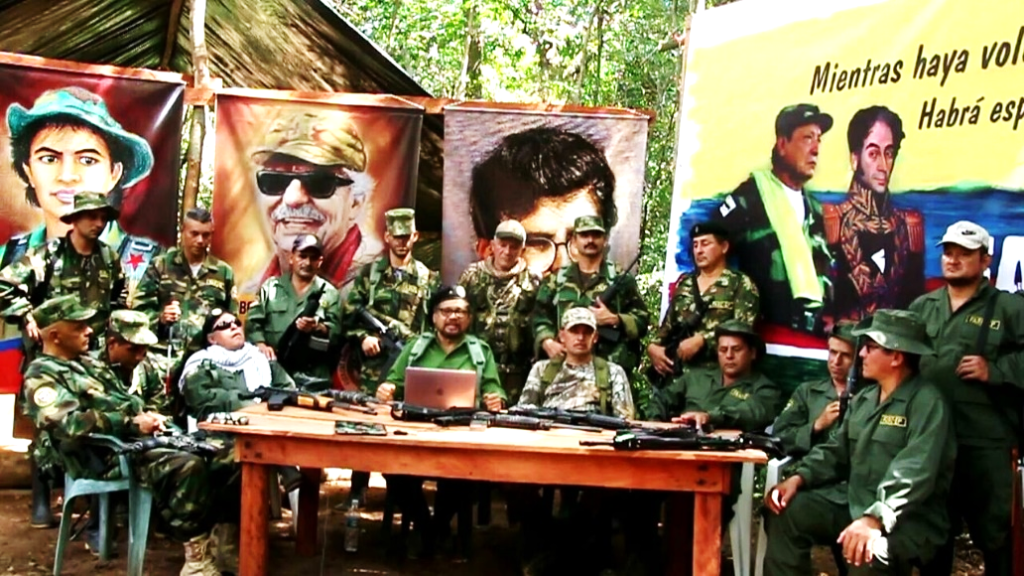
Colombian dissidents from both the National Liberation Army (ELN) and the Revolutionary Armed Forces of Colombia (FARC) opposing the government’s peace deal have clashed with each other, with the military, and with drug-trafficking gangs in a bid to control territory.
Colombia has struggled with internal conflict for almost six decades, which has resulted in more than 260,000 deaths and millions of displaced people.
Former FARC prisoner Ingrid Betancourt is now running for the first female presidential election in Colombia. Her goal is to combat corruption and reconcile a deeply divided nation. More than 20 candidates are vying for the post.
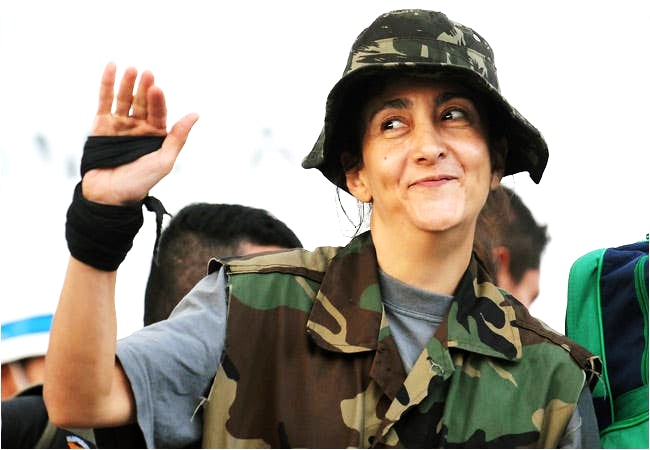
The Colombian presidential elections are scheduled for May 29.
Moreover, the nation endures persistent inequality and poverty. As a result of the Coronavirus outbreak, protests broke out across the country after President Ivan Duque, a right-wing leader, proposed raising taxes. In response to public anger, Duque withdrew the proposed tax reform, but the discontent persists.
There have also been tensions in the wake of a brutal crackdown on protesters. The UN High Commissioner for Human Rights reported in December that at least 28 people were killed by Colombia’s police during anti-government protests. According to the report, security forces in Colombia committed “serious” human rights violations.


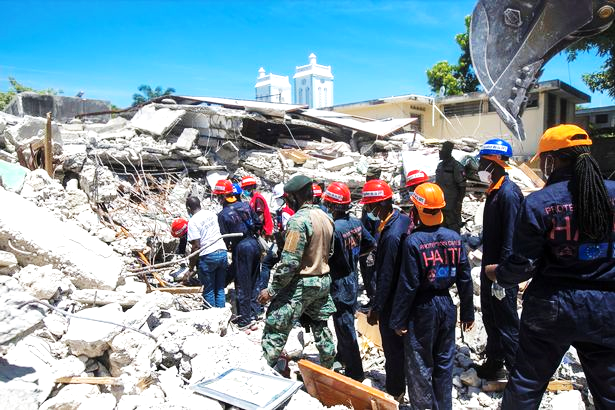
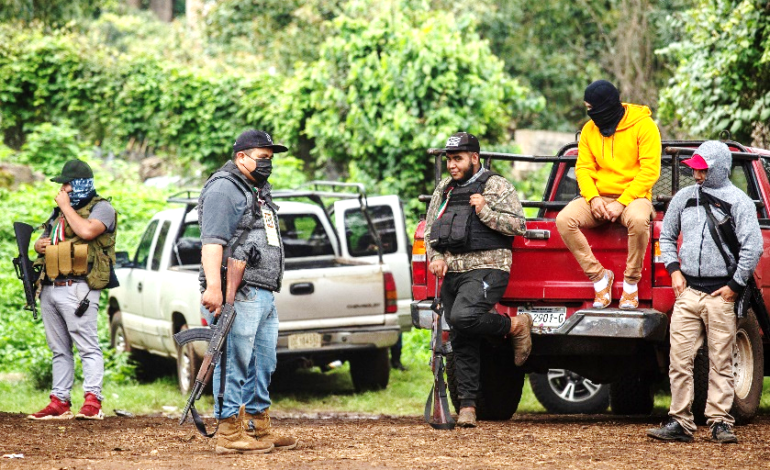

Recent Comments